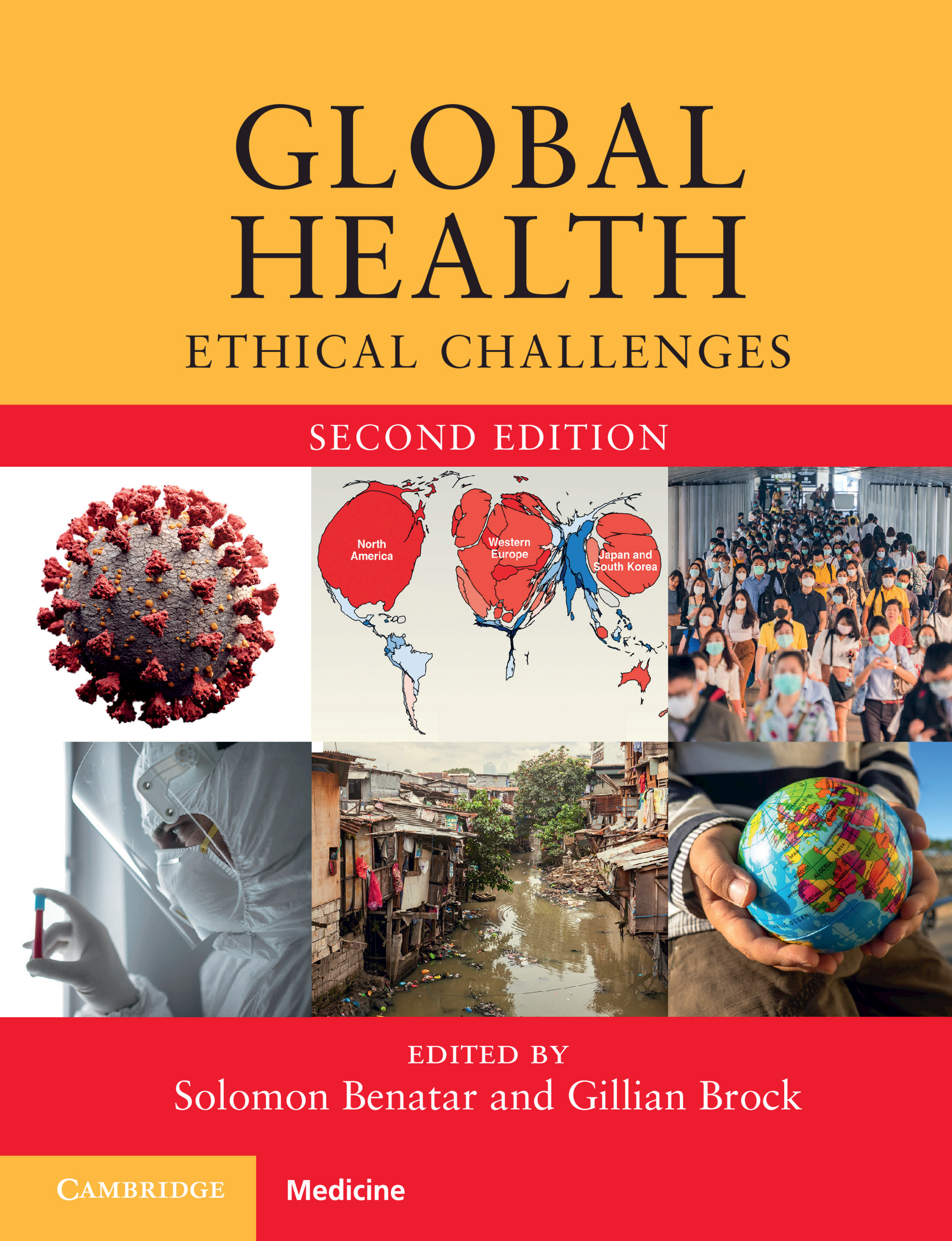Book contents
- Global Health
- Global Health
- Copyright page
- Contents
- Contributors
- Introduction
- Section 1 Global Health: Definitions and Descriptions
- Section 2 Global Health Ethics, Responsibilities, and Justice: Some Central Issues
- Section 3 Analyzing Some Reasons for Poor Health and Responsibilities to Address Them
- Section 4 Environmental/Ecological Considerations and Planetary Health
- Chapter 20 The Environment, Ethics, and Health
- Chapter 21 Ecological Ethics, Planetary Sustainability, and Global Health
- Chapter 22 Mass Migration and Health in the Anthropocene Epoch
- Chapter 23 Animals, the Environment, and Global Health
- Chapter 24 Justice and Global Health: Planetary Considerations
- Section 5 The Importance of Including Cross-Cultural Perspectives and the Need for Dialogue
- Section 6 Shaping the Future
- Index
- References
Chapter 21 - Ecological Ethics, Planetary Sustainability, and Global Health
from Section 4 - Environmental/Ecological Considerations and Planetary Health
Published online by Cambridge University Press: 04 February 2021
- Global Health
- Global Health
- Copyright page
- Contents
- Contributors
- Introduction
- Section 1 Global Health: Definitions and Descriptions
- Section 2 Global Health Ethics, Responsibilities, and Justice: Some Central Issues
- Section 3 Analyzing Some Reasons for Poor Health and Responsibilities to Address Them
- Section 4 Environmental/Ecological Considerations and Planetary Health
- Chapter 20 The Environment, Ethics, and Health
- Chapter 21 Ecological Ethics, Planetary Sustainability, and Global Health
- Chapter 22 Mass Migration and Health in the Anthropocene Epoch
- Chapter 23 Animals, the Environment, and Global Health
- Chapter 24 Justice and Global Health: Planetary Considerations
- Section 5 The Importance of Including Cross-Cultural Perspectives and the Need for Dialogue
- Section 6 Shaping the Future
- Index
- References
Summary
This chapter links ethics, sustainability, and global health. It proposes that a deep reason for our peril, as a quasi-global civilization, is inequality. But inequality itself has deep, self-reinforcing causal roots. There is no “first” cause, and there is no easy solution.
- Type
- Chapter
- Information
- Global HealthEthical Challenges, pp. 281 - 292Publisher: Cambridge University PressPrint publication year: 2021
References
- 2
- Cited by

